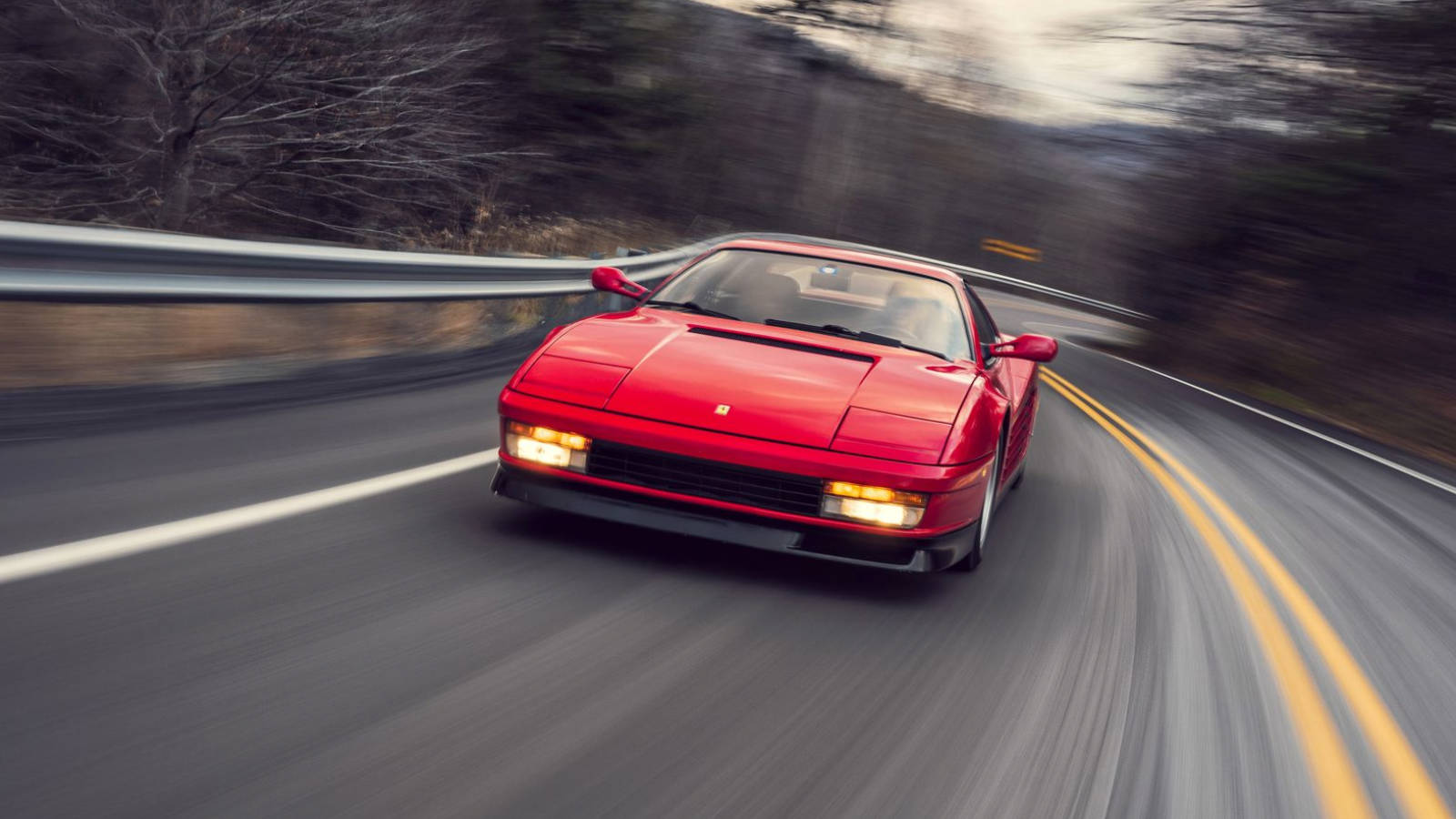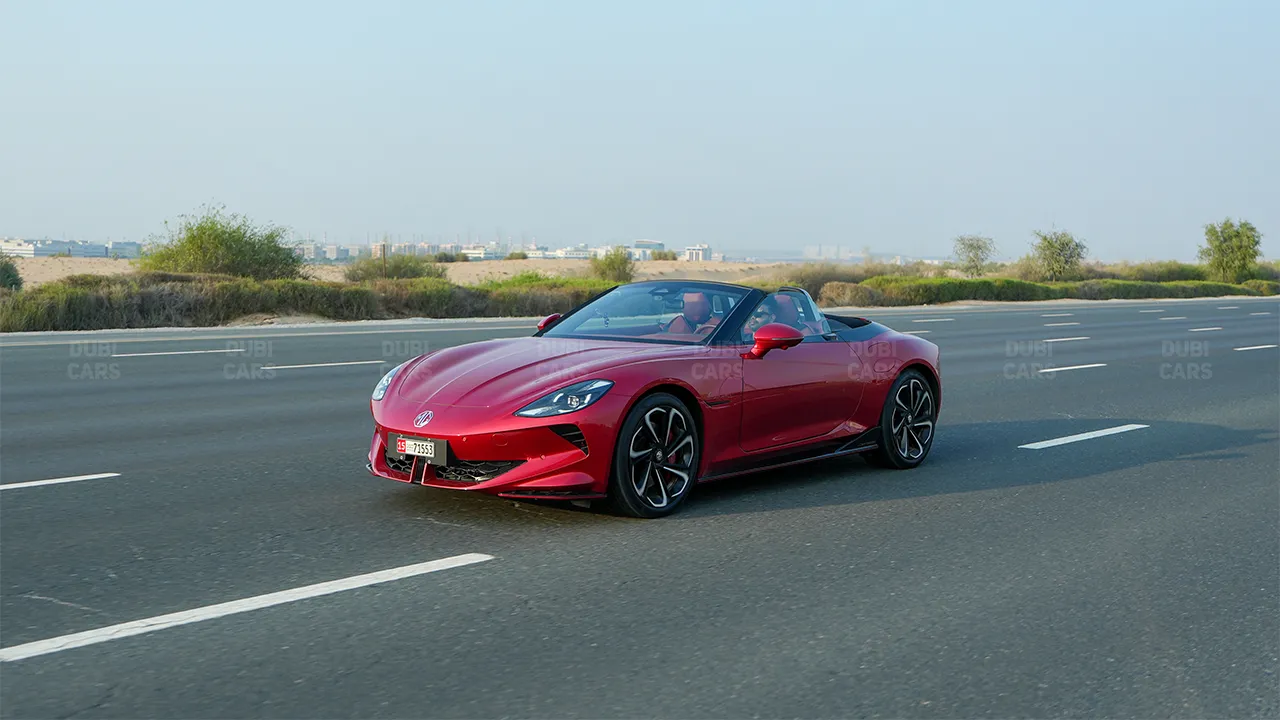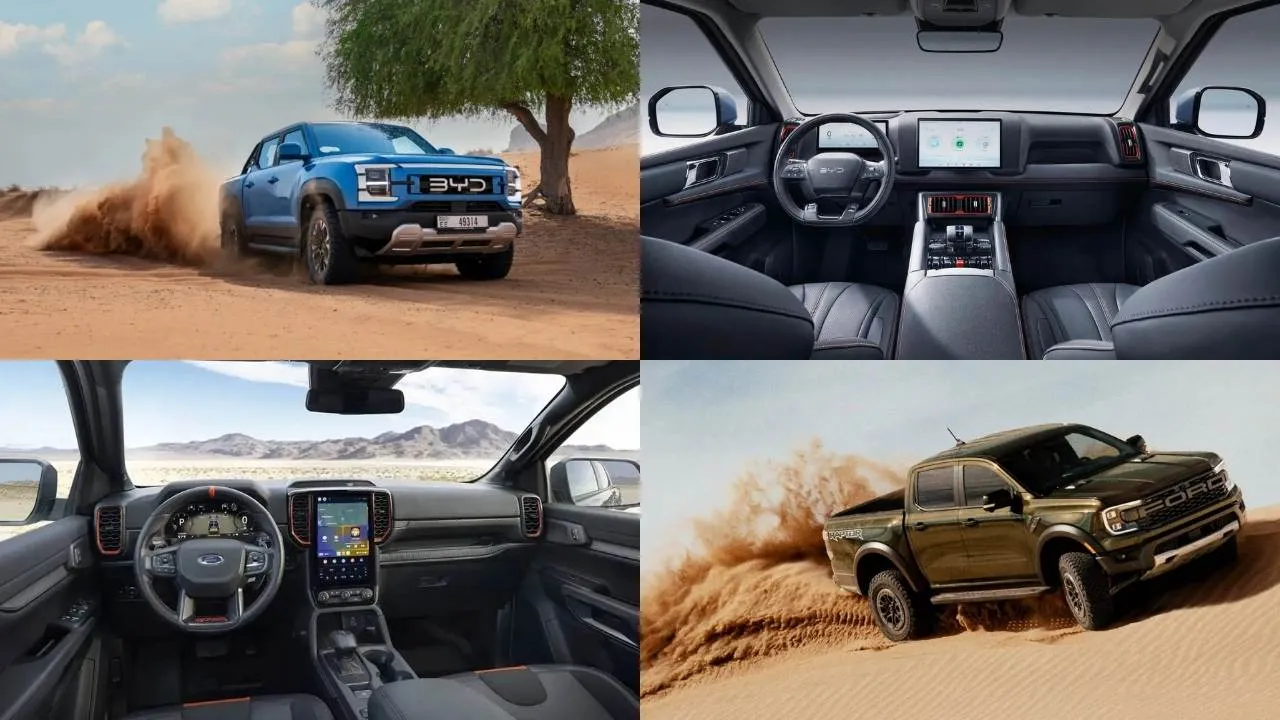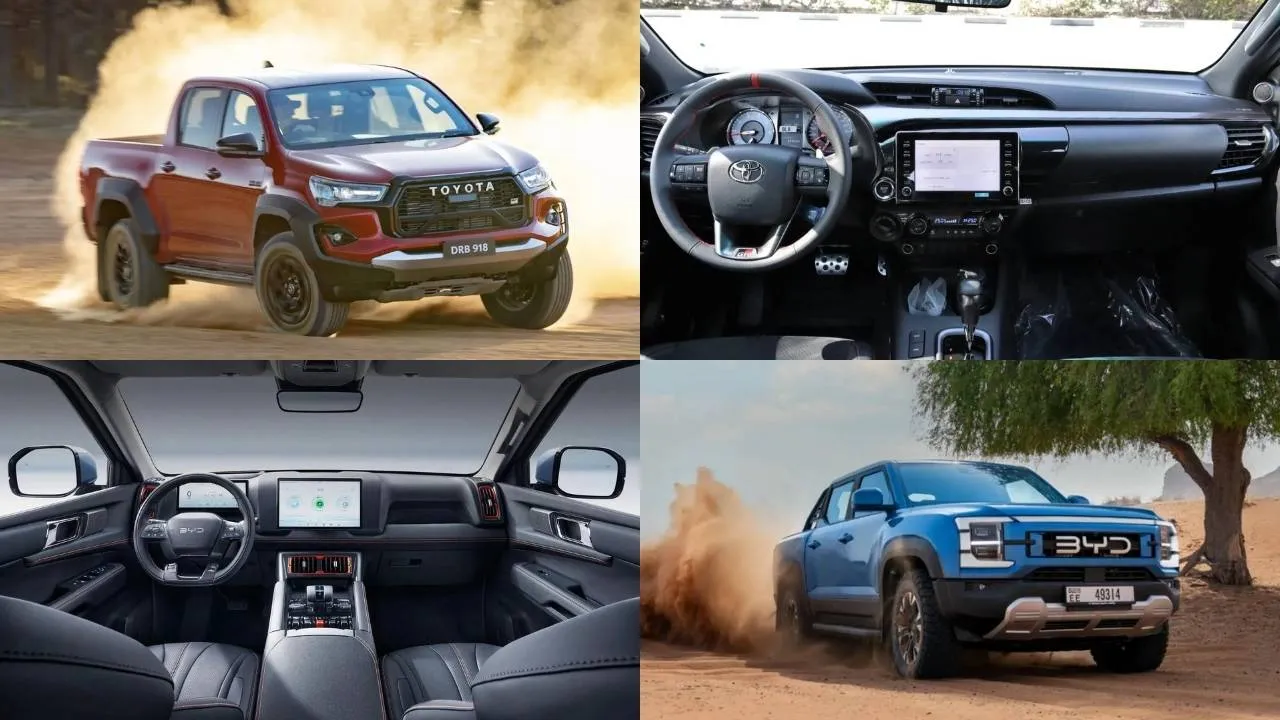Ferrari Testarossa Review — Performance, Iconic Design & More

The Ferrari Testarossa, an automotive masterpiece, emerged as a symbol of power, performance, and timeless design during the late 1980s. This iconic Italian supercar not only captivated the hearts of enthusiasts but also etched its name in the annals of automotive history.
With its distinctive design, blistering performance, and a soundtrack that could stir the soul, the Testarossa became a benchmark for supercars of its era. In this Classic Cars on Dubicars review, we’ll delve into the history, design, performance, and legacy of the Ferrari Testarossa.

History & Evolution
Back in 1981, Ferrari had a car named the 512 Berlinetta Boxer. The car had a few faults that Ferrari wanted to fix and this is what initiated the development of the Testarossa. The Ferrari Testarossa was significantly longer and wider than the Boxer and this gave it better handling as well.
It was designed by Pininfarina, and unlike other cars of the day, was unique in the fact that it was powered by a flat-12 instead of a V12. The Testarossa was unveiled at the 1984 Paris Auto Show and celebrities like Elton John, Michael Jordan, Rod Stewart, Mike Tyson, and many more owned one of these. It was also featured in multiple seasons of Miami Vice and other popular TV shows.

The name “Testarossa” literally translates to “redhead” in Italian, a nod to the car’s signature red-painted engine head covers on its flat-12 engine.
Design & Styling
The Testarossa’s design, penned by Pininfarina, was a radical departure from its predecessor. The wide and low stance, the iconic side strakes, and the retractable headlights gave it an unmistakable presence on the road. The car’s design wasn’t just about aesthetics; it also served a functional purpose by enhancing aerodynamics and cooling.
The Ferrari Testarossa’s design is a true testament to the marriage of form and function. The aerodynamic side strakes, often humorously referred to as “cheese graters,” were not merely a styling element but served the crucial role of cooling the rear-mounted flat-12 engine. The iconic strakes became a signature feature of the Testarossa, setting it apart from its contemporaries.

The wedge-shaped profile, with a long and pronounced hood, not only contributed to the car’s aerodynamics but also accentuated its aggressive and powerful stance. The pop-up headlights, a signature feature of the era, added a touch of sophistication to the front fascia, and when retracted, they seamlessly blended with the car’s smooth lines.
Cockpit & Interior
Moving to the interior, the Ferrari Testarossa offered a driver-centric cockpit with a focus on ergonomics and functionality. High-quality materials, attention to detail, and the iconic gated manual shifter added a touch of luxury to the performance-oriented interior.

The iconic five-spoke alloy wheels complemented the overall design, and the large side mirrors provided both style and functionality. The leather-clad seats are comfortable and supportive, and the dashboard layout is clean, with all the essential gauges and switches right where you need them. This is a driver’s car through and through, with a focus on the driving experience.
Engine & Performance
Here’s a fun fact — the unique Tipo F113 Flat-12 engine in the Ferrari Testarossa was developed from a Ferrari Formula One engine. At the heart of this classic supercar lies a 4.9-liter, naturally aspirated, flat-12 engine. This powerhouse produces a thrilling 380hp and 480Nm.

As a result, the Testarossa accelerates from 0-100km/h in just 5.2 seconds. The top speed of around 290km/h was mind-boggling for its time, solidifying the Testarossa’s status as one of the fastest production cars of the era.
Driving Dynamics
The rear-wheel-drive configuration, combined with a five-speed manual transmission, provided an engaging and visceral driving experience. The sound of the flat-12 engine, emitting a symphony of mechanical melodies, became synonymous with the Testarossa experience. The raw power and dynamic handling made it a joy on both winding roads and the racetrack.

The introduction of the 512 TR in 1992 brought further improvements to the Ferrari Testarossa’s performance. The engine received enhancements, pushing the power output to 428 horsepower. The suspension and braking systems were also upgraded, refining the car’s handling and stopping capabilities.
Legacy & Influence
As the years have passed, the Ferrari Testarossa has evolved from a high-performance sports car to a coveted classic. The limited production run, combined with its iconic design and historical significance, has made it a sought-after collector’s item. Well-maintained examples such as this Ferrari Testarossa from CV Auto command a premium in the market.
The Ferrari Testarossa left an indelible mark on the automotive landscape and continues to be a revered classic. Its cultural impact was heightened by its presence in popular media, most notably as the star car in the television series “Miami Vice.” The sleek lines and roaring performance of the Testarossa made it an aspirational icon for car enthusiasts around the world.

Beyond its cultural significance, the Ferrari Testarossa’s influence extended to the automotive industry. The design elements, especially the side strakes, inspired other supercar manufacturers and became a defining feature of many subsequent models.
Check out classic cars for sale in the UAE.
Verdict
In the realm of automotive legends, the Ferrari Testarossa stands tall as an enduring symbol of Italian craftsmanship, performance, and design. Its bold and distinctive appearance, coupled with the exhilarating flat-12 engine, has cemented its place in the hearts of car enthusiasts around the world.
Find new Ferrari models for sale in the UAE and used Ferrari models for sale in the UAE.
Also Read:
– The Woman Behind The Very First Petrol Car In History — Bertha Benz
– Weird Things To Know About The Tesla Cybertruck
– Why Car Shipping Prices Are Increasing — Red Sea Conflict








